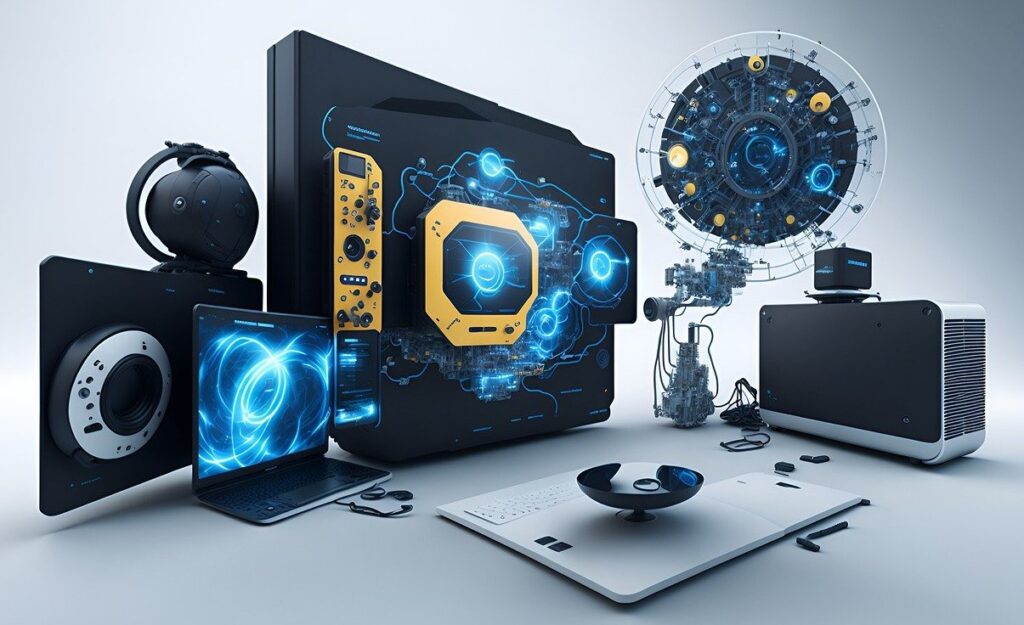The Impact of IoT on Startups: Revolutionizing Business Models and Opportunities


The impact of IoT on startups is no longer a futuristic concept—it is transforming industries and creating opportunities for startups. By enabling interconnected devices to collect and exchange data, IoT is reshaping traditional business models and allowing startups to innovate like never before.

Startups can leverage IoT to:
IoT enables businesses to collect and analyze customer data in real time, leading to:
3. New Business Models
Startups can explore innovative business models such as:

While IoT presents numerous benefits, startups must navigate certain challenges:
According to Itadon, the number of connected devices is projected to reach 75.44 billion by 2025, more than double the count from 2020. This rapid growth represents a vast array of opportunities across various sectors, from healthcare to agriculture to smart cities.
For startups, this means a wide-open field for innovation. New applications for IoT are constantly emerging, and startups that stay informed about the latest trends and technologies will be well-positioned to capitalize on them. Engaging with industry leaders and exploring partnerships can also provide valuable insights and help startups stay ahead of the curve.
The Internet of Things is set to revolutionize industries and create substantial economic value by 2025. For startups, IoT offers the potential for significant gains through improved efficiency, cost savings, and new business models. However, to fully leverage these opportunities, startups must address challenges related to interoperability, security, and organizational change.
By focusing on B2B solutions, staying updated on IoT trends, and collaborating with industry leaders, startups can drive innovation and shape the future of business. Embracing IoT today can set the stage for a successful and impactful tomorrow.
In a rapidly evolving IoT landscape, having skilled developers can make all the difference in creating innovative solutions and addressing industry-specific challenges.
With Magic Factory’s rigorous vetting process, you gain access to elite talent who can help you navigate interoperability issues, ensure robust security, and adapt your strategies to make the most of IoT data.
Don’t let budget constraints hold back your IoT ambitions—unlock exceptional talent and propel your startup forward with Magic Factory.
Is investing in IoT technology expensive for businesses and startups?
The cost of implementing IoT technology varies based on the scale and complexity of the system. While the initial investment may seem high, the long-term benefits—such as increased efficiency, automation, and data-driven decision-making—often justify the expense, making it a valuable investment for businesses and startups. The impact of IoT on startups is particularly significant, as it enables them to streamline operations, reduce costs, and enhance customer experiences.
Can IoT systems get hacked?
Yes, IoT systems are vulnerable to cyber threats due to their constant connectivity. Businesses and startups must prioritize robust security measures, including encryption, regular updates, and network monitoring, to safeguard their IoT networks from potential breaches. The impact of IoT on startups also includes the challenge of maintaining strong cybersecurity while leveraging IoT for innovation and growth.
Comments are closed.
[…] The Impact of IoT on Startups: Revolutionizing Business Models and Opportunities […]
[…] the best fit for you. So we’ve taken the liberty of putting together 5 of our favourite tools for startups who have rightly welcomed remote working with open […]
[…] mission is to help your startup leave the realm of fantasy and enter the realm of reality with its head held […]
[…] The Impact of IoT on Startups: Revolutionizing Business Models and Opportunities […]